Disney Losing Mickey Mouse Copyright After Almost One Hundred Years
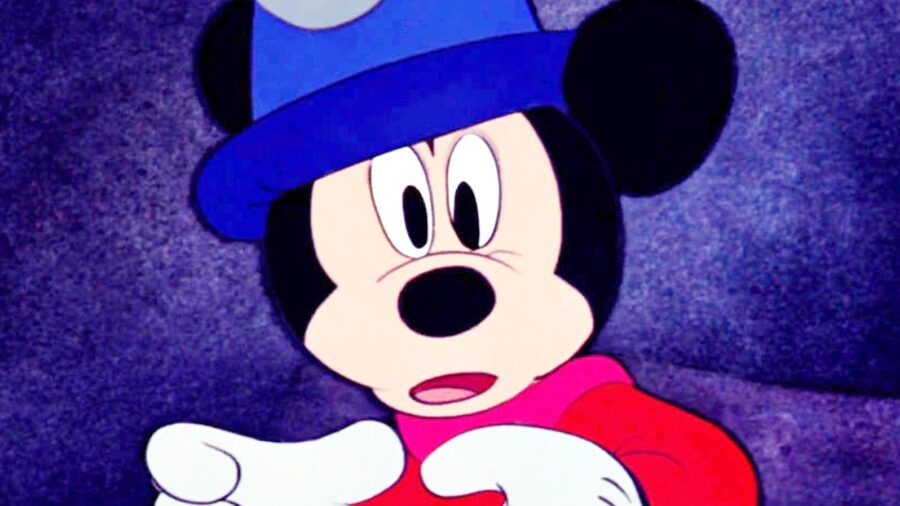
A monumental shift awaits Disney as its century-long hold on the brand’s most iconic character, Mickey Mouse, loosens. Indeed, as Business Insider reports, in early 2024, the House of Mouse will forfeit the copyright to Micky to the public domain.
This would mark the end of almost a century of copyright control over Mickey’s original iteration. As Disney fans will tell you, the Mouse made his debut in the 1928 animated short Steamboat Willie.
Mickey Mouse To The Public Domain
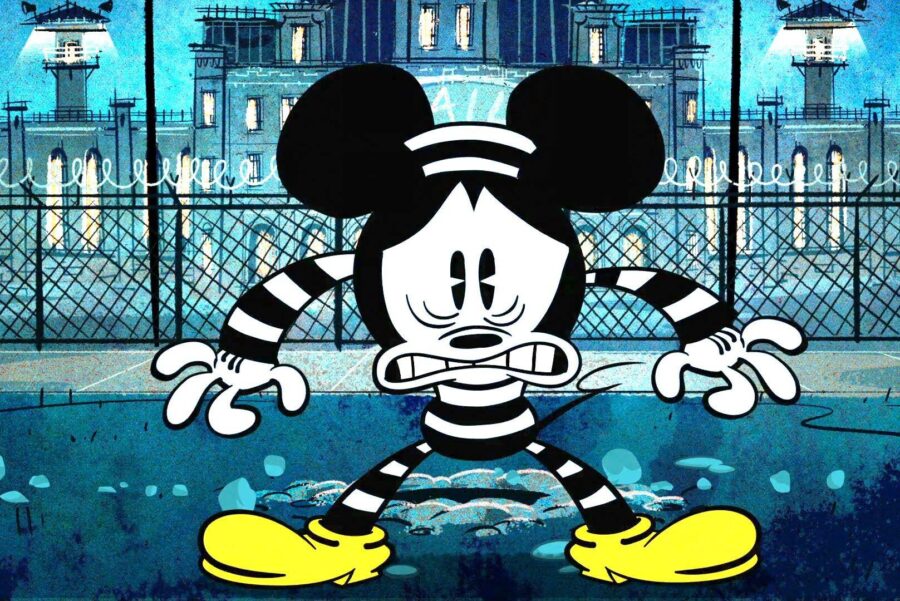
Disney, a global brand if ever there was one, has not relinquished their OG character without a fight. For decades, the company has been at the forefront of efforts to extent copyright laws—all to keep its most valuable mascot under its exclusive control.
That being said, the original Mickey Mouse was characterized by both a longer nose and thinner tail, differing significantly from the modern version encountered at Disney theme parks today.
Lobbying For Copyright Extension
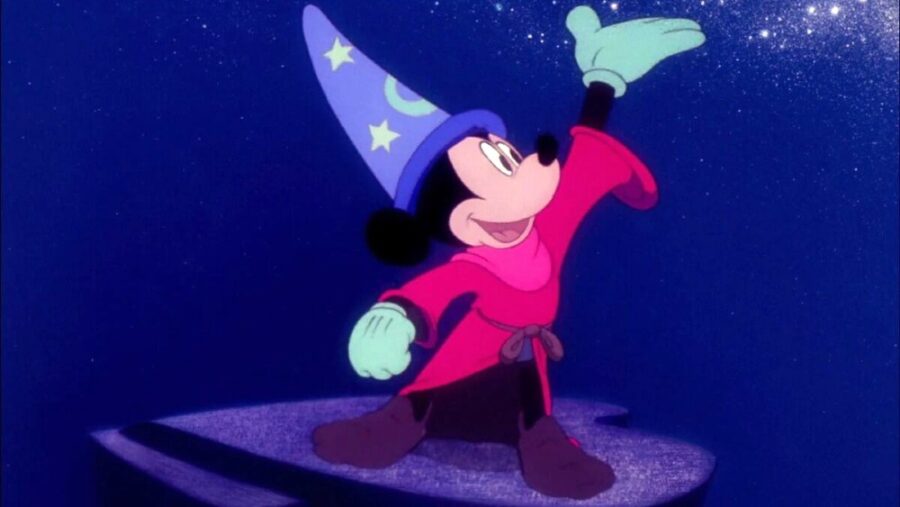
Fun-fact enthusiasts might like to know that, interestingly, this incarnation of Mickey was initially primed to become public domain in 1984.
However, Disney employed insistent lobbying efforts throughout the 1970s to extend copyright terms.
Lobbying paid off: Congress enacted the Copyright Act of 1976, stretching out copyright lifespans significantly.
Mickey Mouse Protection Act
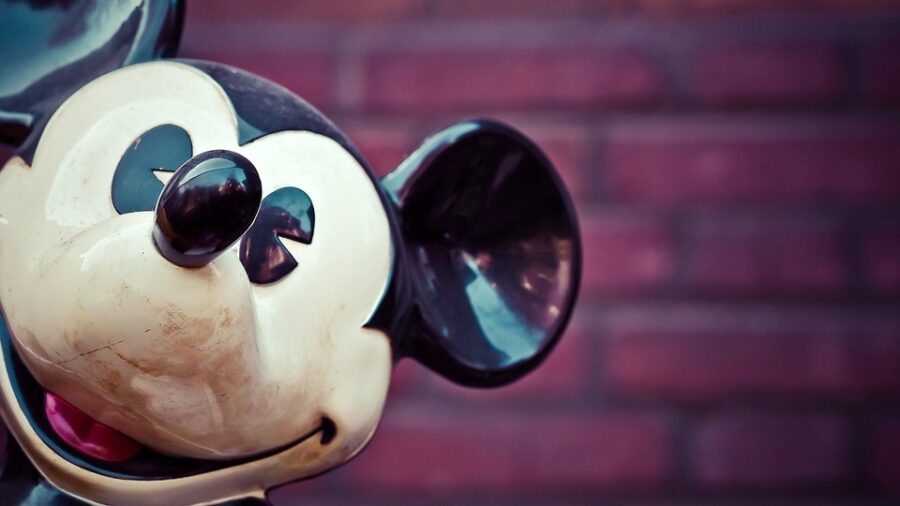
Nor would Disney’s influence on legislative politics halt there. As another deadline approached in the late 1990s, the House of Mouse once again lobbied persistently, eventuating the Copyright Term Extension Act of 1998.
Most refer to this legislation as the “Mickey Mouse Protection Act,” though it technically constitutes the basis for all current copyright operations.
Still, despite Disney’s hugely expensive efforts, there hasn’t been another extension since the late 90s—meaning the originally animated Mickey will waltz into the public domain in 2024.
Steamboat Willie
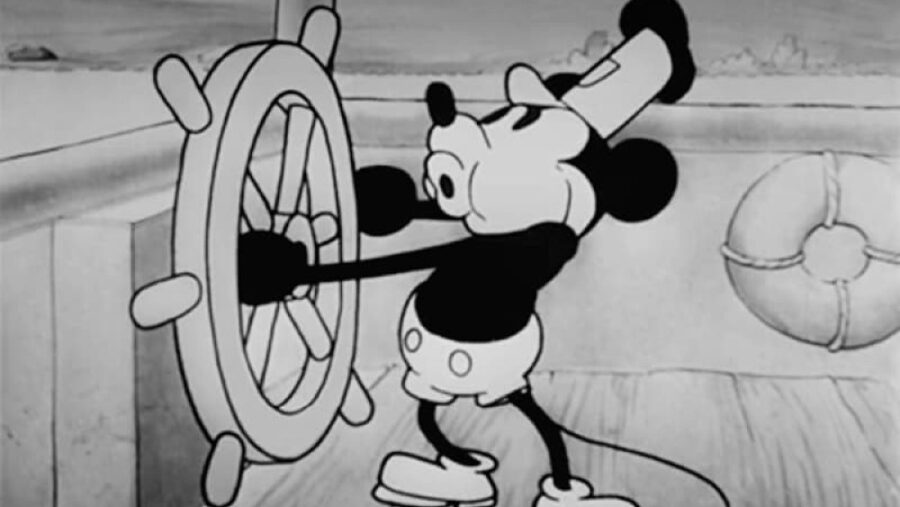
However, the implications for Disney and its shareholders aren’t exactly dire. After all, only the “Steamboat Willie” Mickey will shift into the public domain.
Over nearly a hundred years, the company continually adapted and modified the character, copyrighting each new incarnation separately. Also, Disney retains trademarks on the most modern Mickey Mouse, which fortifies their claim all the more.
Global Ambassador
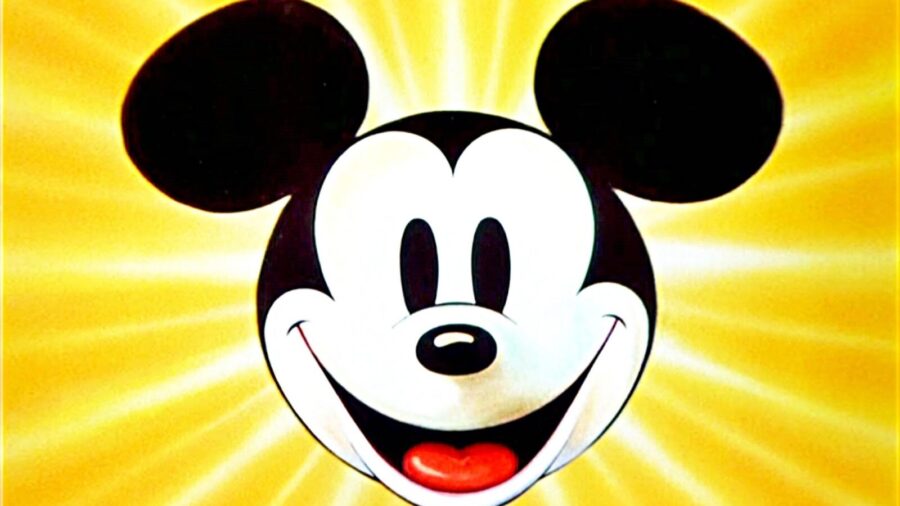
To reassure fans and stakeholders alike, Disney released a statement to the Associated Press, underscoring that more modern versions of Mickey—the ones most people know and love—will remain unphased.
The company also emphasized the Mouse’s evolving role as a global ambassador in its company, theme park attractions, and merchandise.
This is not the first time a well-known and beloved fictional character transitioned into the public domain. In 2022, for instance, the original version of Winnie the Pooh–like the oldest edition of Mickey Mouse–became accessible for public use. This led to some unexpected and, let’s just say, creative interpretations; namely, the violent slasher movie Winnie the Pooh: Blood and Honey.
Disney And Mickey
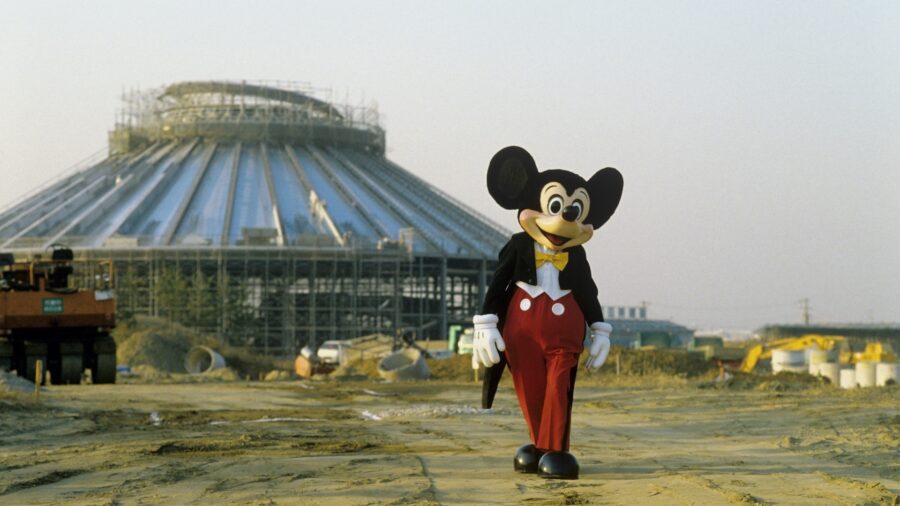
Thus, as “Steamboat Willie” readies itself to join the teeming masses of the public domain, possibilities for novel, creative, and unforeseen interpretations of this classic abound.
Whether or not Disney concerns itself with imposter versions of its more modern Mickeys, the cultural and creative landscape is poised for some intriguing developments.
Mickey Mouse, welcome to the public sphere.












